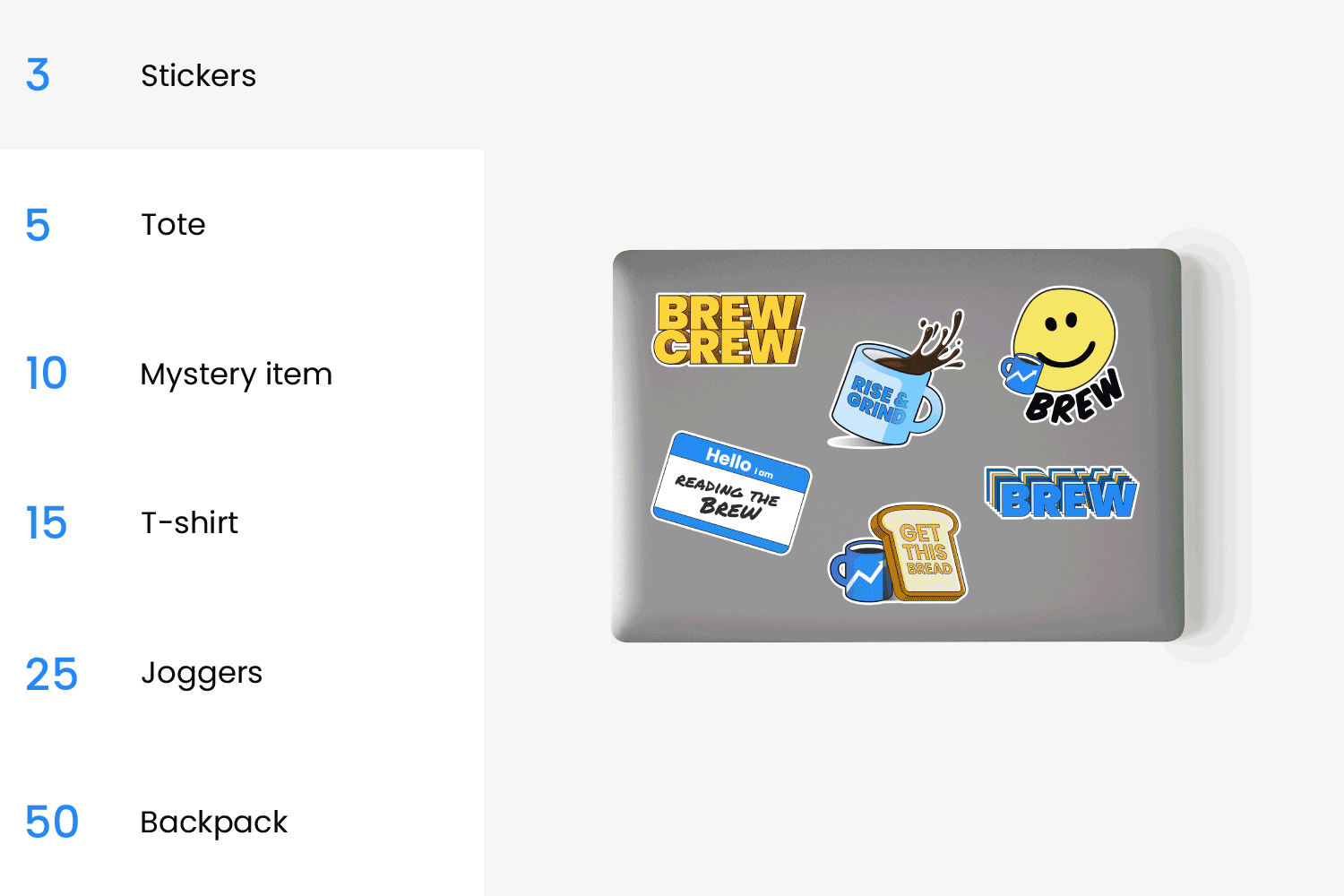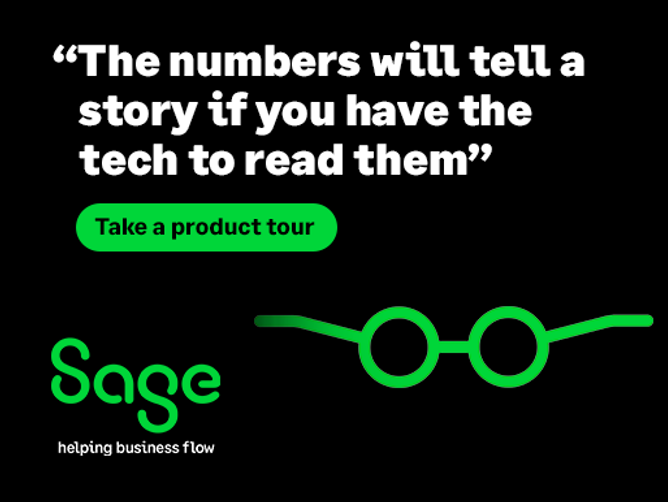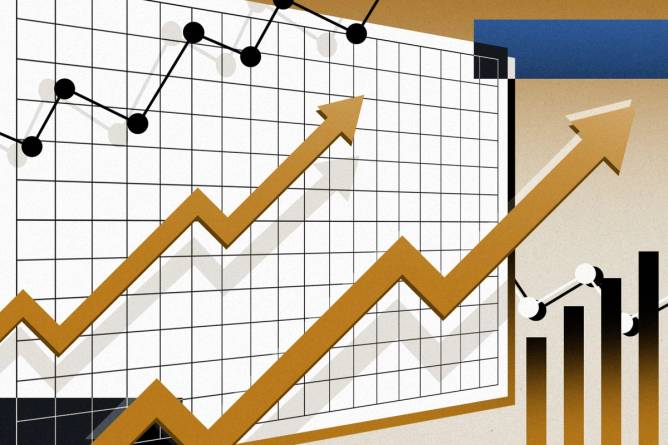|
Hello, and welcome to Wednesday. Today is National Pancake Day. That may totally be a bogus holiday diners made up to sell stacks, but nothing’s stopping you from flipping your own at home. 
In this issue:
 End of the road? End of the road?
 Report(ing) card Report(ing) card
🥱 (Not as) Great Expectations
—Drew Adamek, Courtney Vien, Graison Dangor, Alex Zank
|
|
Andrii Yalanskyi/Getty Images
|
In 2021, SPACs were everywhere. Companies liked the fact that SPACs could take them public more quickly, and often with higher valuations, than traditional IPOs. Some 610 companies—used SPACs to go public, and SPACs comprised nearly half of all IPOs that year. Even celebrities like Steph Curry, Jay-Z, Serena Williams, and, um, Sammy Hagar joined the SPAC craze.
But, in 2022, the bubble burst. Only 86 SPACs took companies public that year. By 2023, only 31 SPACs took companies public, or around 15% of all IPOs. Then, in January 2024, the SEC implemented regulations that brought SPACs more closely in line with traditional IPOs.
SPACs are now required to make more disclosures about sponsor compensation, dilution risk, conflicts of interest, and other areas, and their target companies face greater legal liability.
Can SPACs regain some of the ground they’ve lost over the past two years—or are they a fad that’s run its course? We spoke with SPAC experts to learn what effect the new regulations will have on the SPAC market, and whether the heyday of the SPAC is truly over.
For more on the future of SPACs, click here.—CV
|
|
|
Would you like to slash closing times in half while boosting your finance team’s productivity by 40% or more? No, this isn’t a CFO fever dream—it’s a stone-cold reality. But how to do it?
Say hi to Sage, the best-in-class cloud accounting and financial management solution that’s ready to take your biz up several notches. Ranked the No. 1 accounting software by G2, Sage can automate tedious tasks and increase efficiency up to 90%. Huuuge numbers.
Don’t wanna let time-consuming manual processes hold you back? Sage’s AI-powered continuous accounting and ERP can help you stay focused on scaling so you can climb the ranks.
Get efficient.
|
|
Tarikvision/Getty Images
|
As climate change makes our planet increasingly resemble an overheating air fryer that hasn’t been cleaned in a while, it might seem like small (and smoky) potatoes that more of the world’s largest companies are improving how they report on sustainability.
Every little bit helps, though, so we’re happy to share that more companies are hiring accounting firms to vet their sustainability disclosures, reporting per international standards, and including the info in their main reports, according to the latest annual benchmark report on the topic, released last week by the International Federation of Accountants (IFAC), along with the American Institute of CPAs and the Chartered Institute of Management Accountants (AICPA & CIMA).
Based on ESG disclosures from the largest companies across 21 countries and Hong Kong, the report found that from 2019 to 2022, the share of companies disclosing any amount of sustainability information grew from 91% to 98%.
Fortunately, the share of companies getting “at least some” of those disclosures independently assured by accounting firms has also increased. Nearly 7 in 10 companies studied hit that mark in 2022, up from just half in 2019, according to the accounting orgs.
Find out just how much sustainability reporting companies are doing here.—GD
|
|
Andrii Yalanskyi/Getty Images
|
Good things, like record revenue growth, can’t possibly last forever.
Midsize companies saw record revenue growth in 2023, but are tempering their expectations this year due to risks like inflation, recession, and talent shortages, according to a middle market survey from insurance company Chubb, which surveyed 1,000 executives in partnership with the National Center for the Middle Market.
Respondents reported an average of 12.4% revenue growth in Q4, a tick higher than the 12.2% growth reported a year earlier. However, the midsize company execs expected growth to reduce by about a third over the next 12 months, to 8.1%, the survey found.
Inflation was the top emerging risk for middle market companies, chosen by 19% of survey respondents. Next were the risk of a recession (10%) and talent shortages/employee retention issues (10%).
Click here for more on what midsize companies are concerned about.—AZ
|
|
|
Business news beyond your department. You’re already a finance expert, but do you know which news stories are shaping the rest of the business world? Morning Brew Daily covers everything from the latest headlines on the economy to explanations of viral TikTok trends. Find the show on YouTube and all podcasting platforms.
|
|
Francis Scialabba
Today’s top finance reads.
Stat: $24.6 billion. That’s how much Kroger would pay to acquire Albertsons in what would be the biggest supermarket chain merger in US history. The FTC isn’t biting. 🛒 (the New York Times)
Quote: “The work it takes to generate outcomes like text and videos has decreased. But the work to verify has significantly increased.”—Northwestern University assistant professor of management Hatim Rahman on AI. Recently, Washington Post writers tested AI workplace tools, with decidedly mixed results.  (the Washington Post) (the Washington Post)
Read: Elon Musk’s Las Vegas Loop tunnels are filled with toxic sludge.  (Bloomberg) (Bloomberg)
Streamlined success: Wanna automate accounting and increase efficiency up to 90%? Check out Sage, the No. 1 accounting software—according to G2. Say bye to tedious manual tasks.* *A message from our sponsor.
|
|
|
Share CFO Brew with your coworkers, acquire free Brew swag, and then make new friends as a result of your fresh Brew swag.
We’re saying we’ll give you free stuff and more friends if you share a link. One link.

Your referral count: 2
Click to ShareOr copy & paste your referral link to others:
cfobrew.com/r/?kid=9ec4d467
|
|
|









